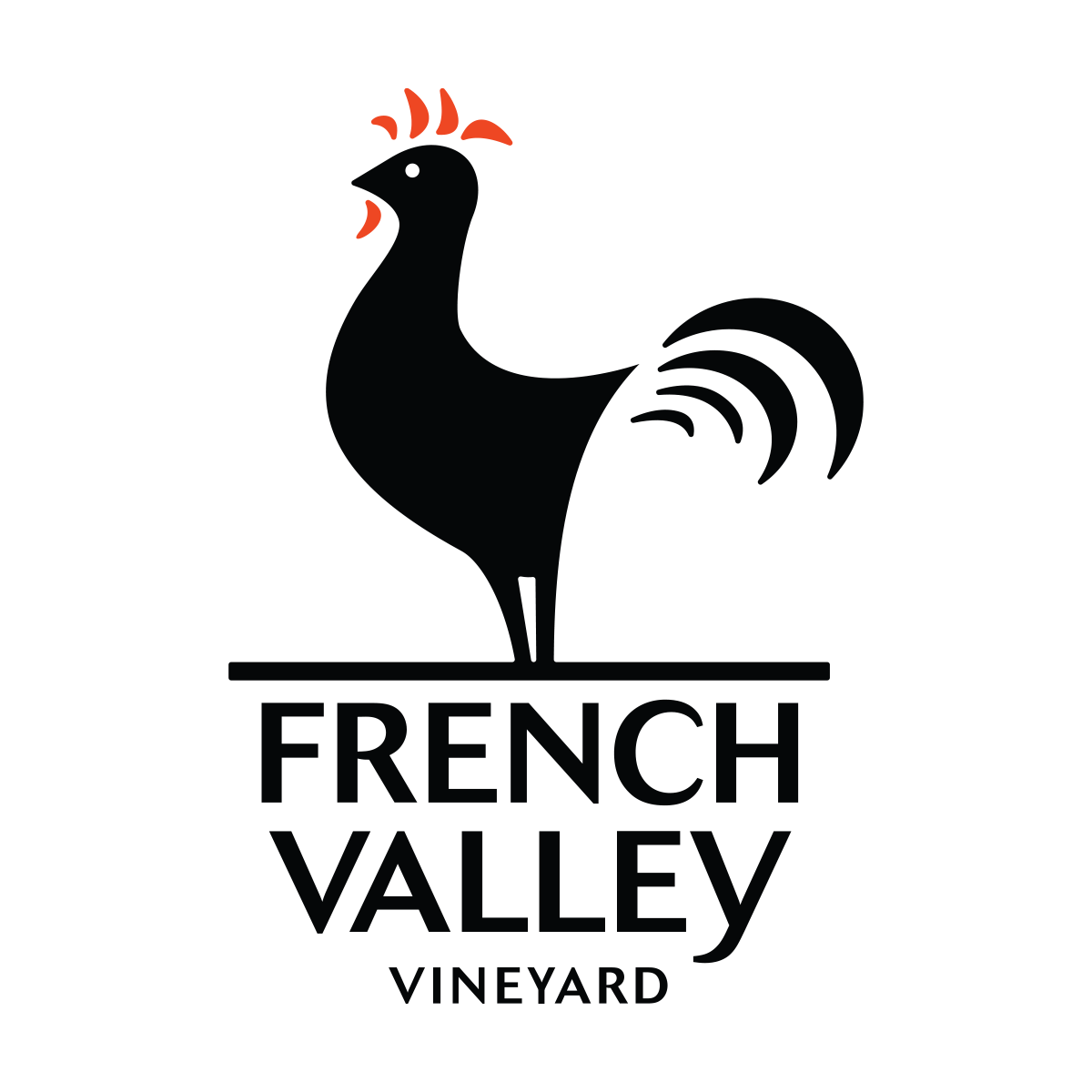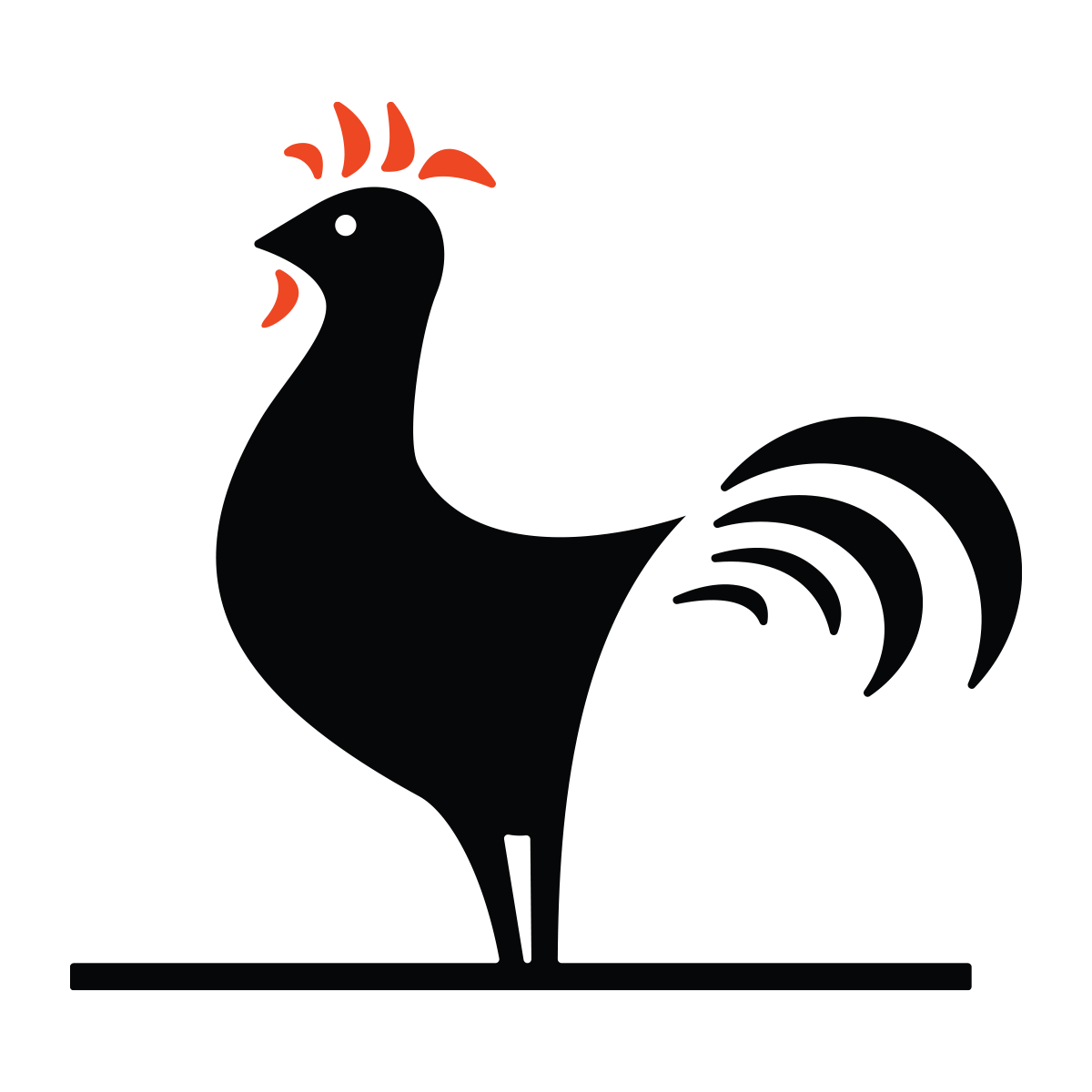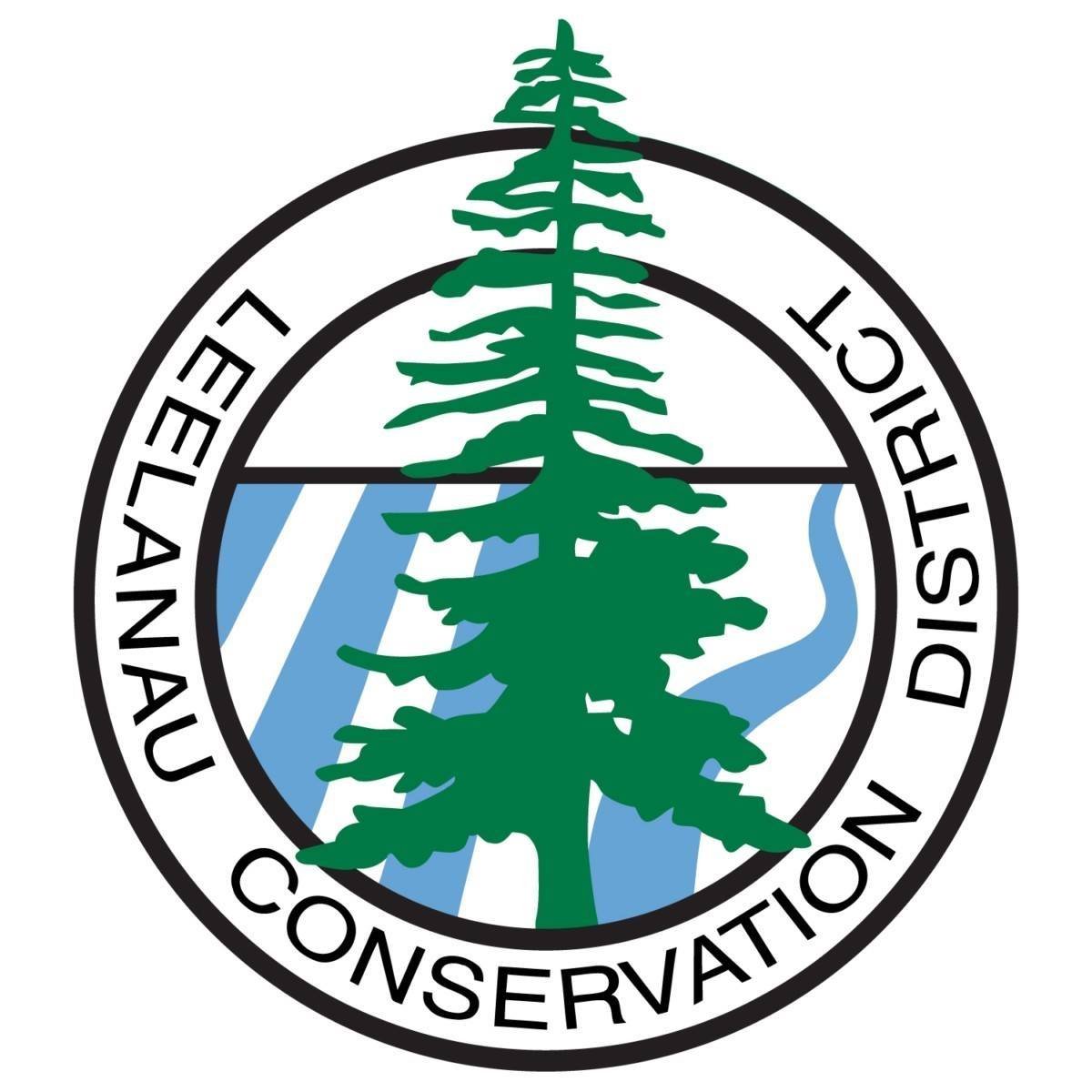SUSTAINABLE PRACTICES
-

ROSES
Planted at the end of each row for a purely preventive purpose. Rose bushes work as indicators of the appearance of fungal anomalies in the vineyard.
One of the most dreaded diseases is powdery mildew. This parasitic fungus forms on the vine leaves and is very difficult to combat if not detected in time. Some flowers like roses are also sensitive to this kind of attack, showing identical symptoms such as stains on the leaves formed by a network of whitish, powdery strands and acting as an alarm system to allow the vineyard team to get in front of the infestation before it attacked the grapevines.
-

ORGANIC HAY
In addition to providing supplemental food for sister winery Bel Lago’s herd of Scottish Highlander Cows, hay grown at French Valley Vineyard helps to protect some of our cold susceptible varieties such as Merlot during winters without sufficient snow accumulation to insulate the vines. To ensure survival, we select "insurance canes" in the fall and cover them with a protective layer of hay. This preemptive approach increases the chances of bud survival and allows for consistency in annual yields. The hay also acts as mulch, smothering weeds in the plant rows while adding nutrients to the soil as it decomposes.
-

BLUEBIRDS & BIRDS OF PRAY
Ripening grapes are tasty and attract mice, voles, rabbits and peckish birds such as Starlings which, left unmanaged, can reduce the grape harvest significantly.
Birds of prey such owls, and falcons like the kestrel keep damage to our grapes and plants caused by flocks of birds and small mammals to a minimum.
Non-peckish Bluebirds offer protection to the grapes and plants by way of controlling populations of harmful invertebrate pests such as Blue Green Sharpshooters (a type of leafhopper), herbaceous arthropods, and mosquitos.
French Valley is home to numerous Kestrel and Bluebird houses.
-

BATS
Once dusk hits, our night team takes flight. Bats have been assets to the wider agricultural community for decades, with many farmers relying on these “wingmen” to kill insects instead of using an overabundance of pesticides and other harmful chemicals. Depending on the species, bug-eating bats can devour between half to two-thirds of their body weight in insects each night—equivalent to about 1,000 bugs an hour. In addition to mosquitos and other insects, bats feast specifically on European Grapevine Moths which cause Botrytis as well as Spotted Wing Drosophila - a breed of fruit fly able to cut holes in grape skins and cause infection such as sour rot.
Sustainability is often defined as meeting present needs without compromising the ability of future generations to meet theirs. At French Valley Vineyard, our sustainability practices include support and collaboration with local organizations to help further their missions and contribute to a vibrant and sustainable community for countless generations to come.




















